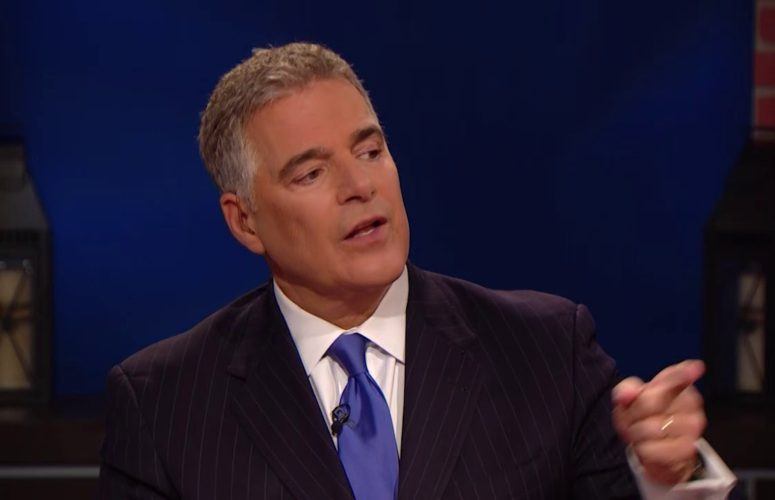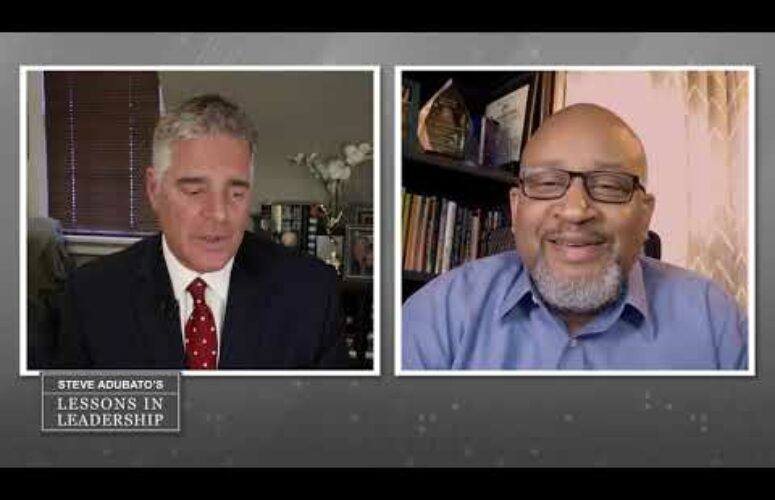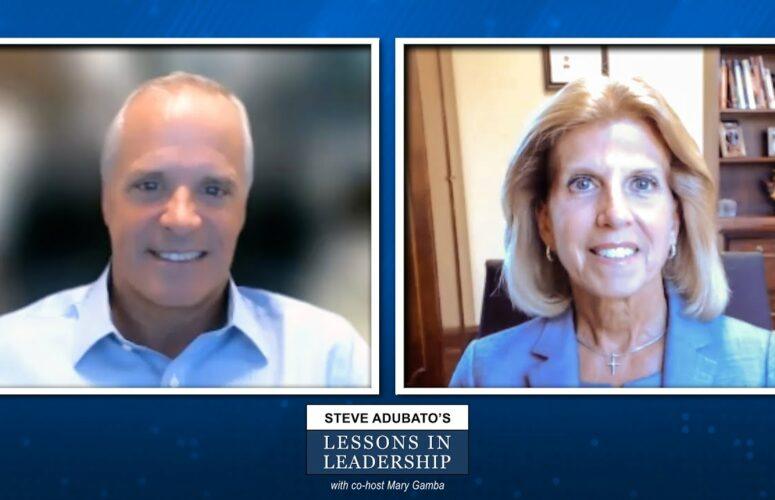Steve Adubato’s Lessons in Leadership: Powering Equity and Social Justice
By Steve Adubato, PhD On Apr 20, 2023As part of the “Stand & Deliver: Powering Equity and Social Justice” series, this edition of “Lessons in Leadership” features Steve Adubato and Mary Gamba talking with Karisa DeSantis, Principal, Newark Vocational High School, about youth advocacy and preparing our young leaders of tomorrow. Then, Steve and Mary talk with Elizabeth V. Halpin, Acting Director, Buccino Leadership In Diplomacy and International Relations, Seton Hall University, about women’s leadership and empowerment, and what leadership traits are needed from our young adults entering the workforce.
A Matter of Trust
Trust is a very complex thing. It’s so hard to achieve but so easy to lose, and once you lose it, it seems so hard to get back. Trust is at the core of strong, long-lasting, and enduring relationships and is something that great leaders must work at every day. The following are some of the keys to building trust—a virtue that should never be taken for granted:
Put others first—not just as a leader but as a person. For example, during tough economic times for an organization, a CEO may take a pay cut in order to ensure that people’s jobs will be saved, or other worthy employees will get well-deserved raises. This builds trust and sends the message that the leader is “all in” when it comes to supporting those around him or her and demonstrates that he or she is not a selfish leader.
Listen to other points of view. Want to lose the trust of your people? Then insist that you are right all of the time. Some of the worst leaders confuse stubbornness with being principled. If you want to lose the trust of the people around you, make sure your ideas are the only ones being heard—not listening to your team and their ideas will do the trick.
Do the right thing. For leaders, doing the right thing, even when the easier option is obvious, often involves difficult ethical or moral choices. These choices may be deeply unpopular with the people who are affected, but those closest to the situation will know that the leader did what had to be done to maintain the integrity of the organization and its mission.
Be committed to the cause. Dr. Martin Luther King Jr. and Abraham Lincoln, among others, were genuinely committed to their causes, not just with words and speeches, but with sacrifice on a level that most of us find hard to comprehend. Leaders who were willing to put their lives on the line and stand in front of those who follow them in the trenches build up extraordinary levels of trust. This kind of trust often inspires others to fight harder and longer for the cause.
Take the blame. When something goes wrong in an organization, the best leaders never throw a team member under the bus. Instead, great leaders step up and take responsibility when things go wrong. One of the quickest ways for a leader to lose trust is to decide he or she is going to blame someone on the team instead of stepping up. For the person being thrown under the bus, all trust in that leader often goes out the window.
Share the credit. The opposite of throwing someone under the bus is taking all the credit for oneself. Too many leaders think, because they hold the top position in the organization, it is their job to have their name on every report and their right to get credit for everything within the organization. This couldn’t be further from the truth. One of the fastest ways to lose trust is to not spread credit around. Great leaders share the credit so that others can succeed.
Be up front. Because circumstances can change so rapidly in our organizations and in life, an important lesson in leadership is to confront these difficult conversations directly. Avoiding them only guarantees a buildup of distrust and resentment. While having such difficult conversations may result in anger and disappointment, the people on the other end can’t say you weren’t forthright about the situation, even if they are unhappy about the outcome. These difficult conversations increase the odds of maintaining trust even if your people aren’t happy with you or with how things turn out.






